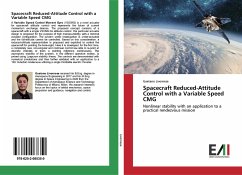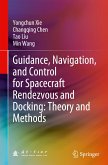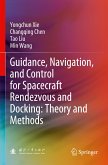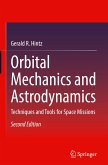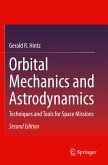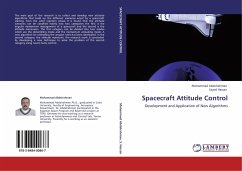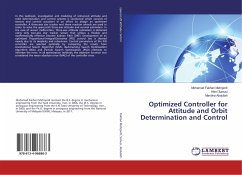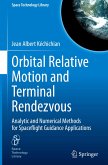A Variable Speed Control Moment Gyro (VSCMG) is a novel actuator for spacecraft attitude control and represents the future of current momentum exchange devices. The proposed concept consists of a spacecraft with a single VSCMG for attitude control: this particular actuator design is proposed for the purpose of high manoeuvrability with a minimal actuator configuration. The system under investigation is under-actuated and the full-attitude cannot be controlled. Based on this consideration, a reduced-attitude representation is proposed and exploited to control the spacecraft for pointing the bore-sight. Here it is developed, for the first time, a completely new, non-singular and nonlinear control law able to re-point at discrete intervals or track a pointing reference continuously. The asymptotic stability of the system, in the different operative modes, is proved using Lyapunov stability theory. The controls are demonstrated with numerical simulations and then further validated with an application to a 12U CubeSat rendezvous utilizing a single throttable electric thruster.

